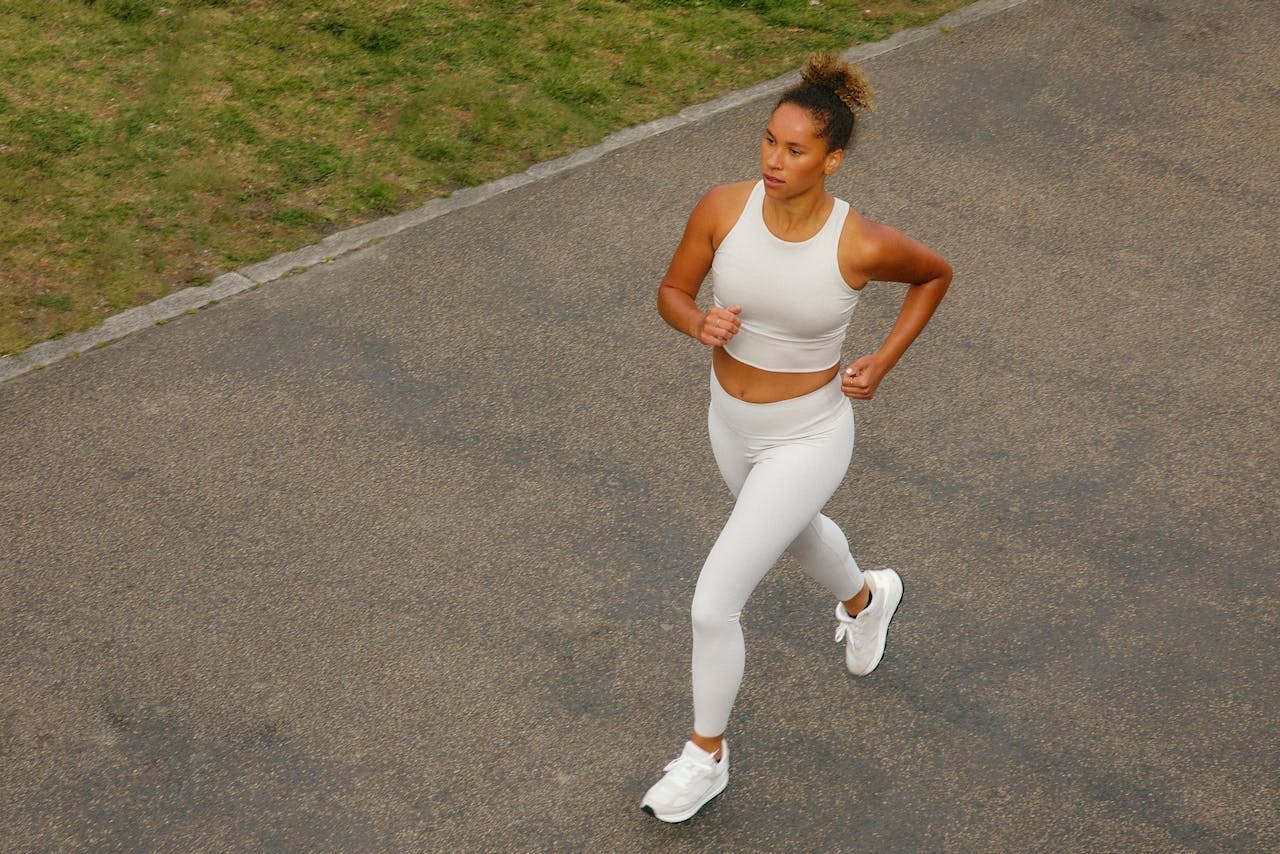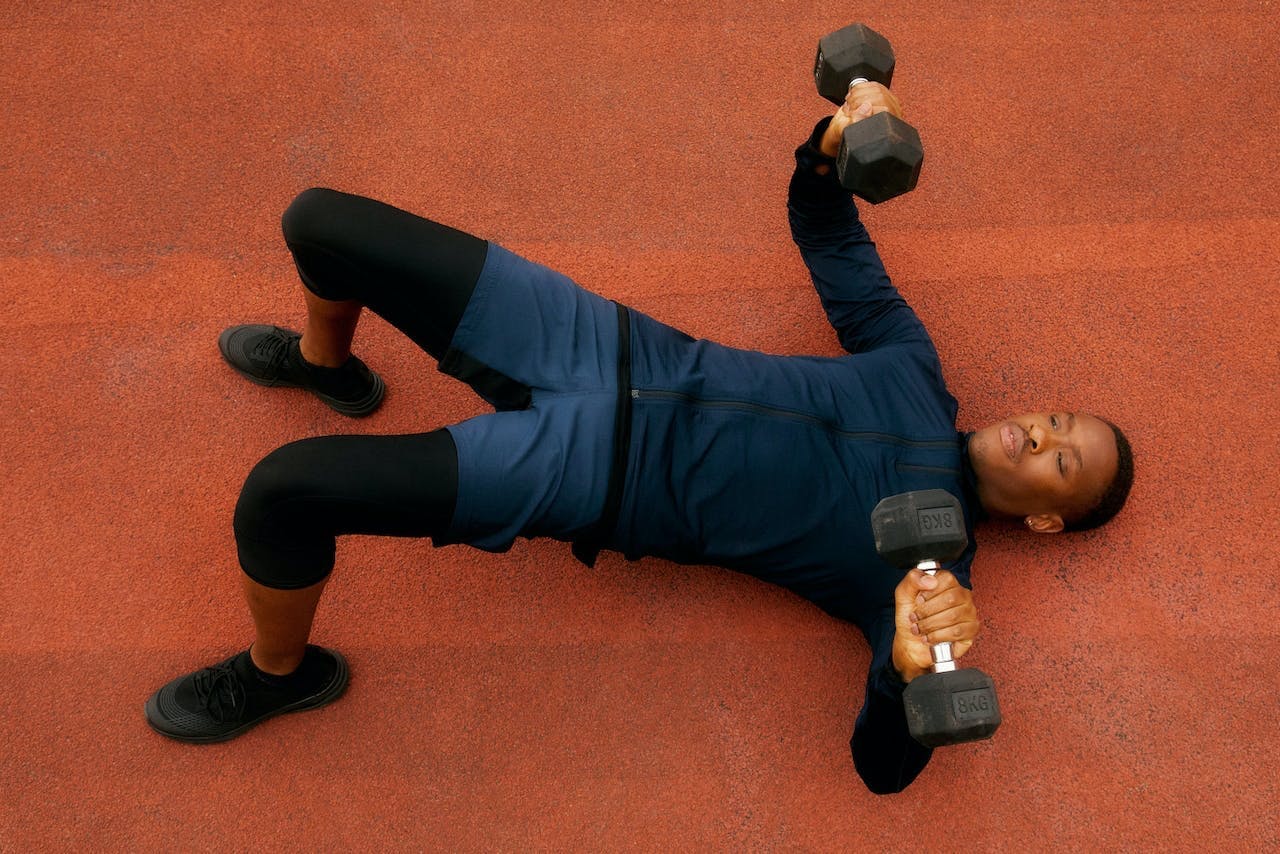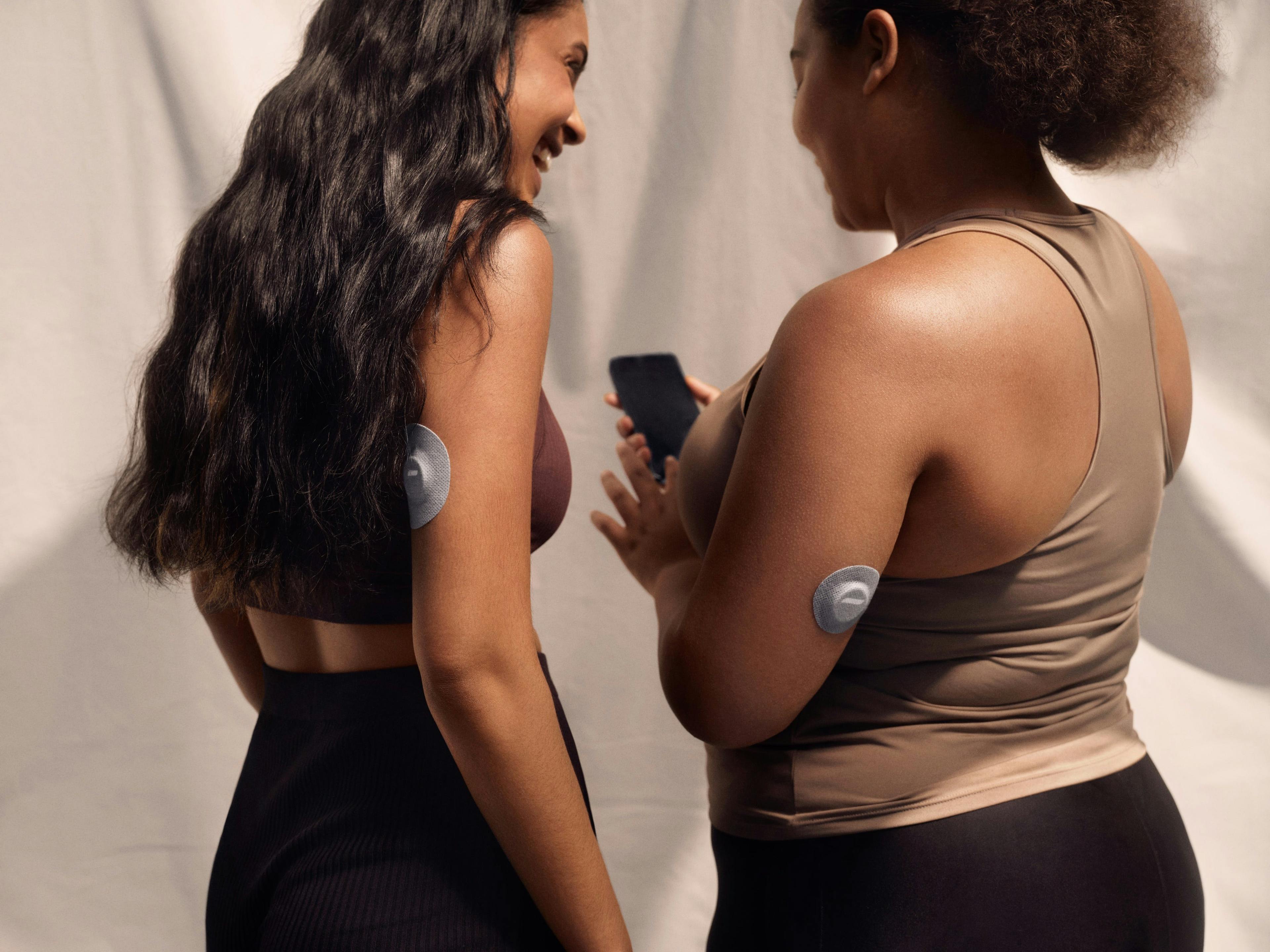Deciding to do the "World's Toughest Row"
The very first question I get asked when I mention I am training to row across the Atlantic Ocean is always, Why?
My answer to this has evolved over the past 30 months since I pulled the trigger and signed the commitment forms and paid the race entry deposit. At first, the “why” was the adventure, the challenge, and being a part of what can only be described as one of the most ridiculous human-powered “races” on the planet.
The race, now named the "World’s Toughest Row" (previously, it was the "Talisker Whiskey Atlantic Challenge”) had been on my mind since 2014, when it was mentioned to me by a friend of a friend on a night out. The next day, I trawled eBay for an Ocean Rowing Boat, found one, emailed said new adventure buddy, and suggested we go halves — needless to say, nothing came of it.
At the time, I was playing rugby for Dorking RFC, a club I had been affiliated with since I was 6 and where I played for the first 10 years of my rugby life, returning after studying mechanical engineering at university to play with the senior teams. I was an occasional first team player, but at the time I played more consistently for the slightly more relaxed, yet still thoroughly successful second team. I worked my way up into a solid first team spot as Dorking worked our way up to National 2 (level 4 of the RFU leagues).
Traveling to matches, playing, and most importantly traveling home from matches across the whole of the South of England — from Bury St Edmunds (E) to Redruth (SW) for the 2012, '13 and '14 seasons — hold some of the fondest memories for me, ranging from the exhilaration of winning matches to the life-long friendships I've built.
Getting diagnosed with Wolf-Parkinson-White Syndrome
In November 2014, the longevity of my rugby playing days were put into question when I was diagnosed with Wolf-Parkinson-White Syndrome. An accessory conductivity pathway in my heart was starting to cause irregular rhythms.
I took a couple of months off contact sports, working on my fitness and strength. This paid dividend: in March 2015, I was selected to play for Surrey in the County Championships, culminating in being a part of us winning the final, which we played at the home of Rugby (Twickenham Stadium). Due to the worsening of my heart arrhythmia, it was the last game of rugby I was able to play, but all-in-all a very nice way to close the door on a hobby that had been part of my life for so long and that had satisfied many of the values that I cherish. To fill the gap that rugby left (the camaraderie, competition, and fitness), I took up CrossFit, began eating better, and drank less alcohol. I quickly lost 20kgs, started to move better, and made new friends that continued to push me in healthier directions.
After just over 5 years of being in and out of hospital trying to get my arrhythmia under control, and during the process of signing up for the “World’s Toughest Row,” I was fitted with an implanted cardiac resynchronization therapy device — in other words, a pacemaker. That was both the closure I needed medically, and the catalyst I needed to conceive of and found Wave Wrangler, an ocean-going charity that raises funds to help those living with arrhythmia. What better way to comfort those fears of getting a pacemaker fitted than to see a “pacemaker patient” row across the Atlantic single handed.
Using Veri
With medical devices now a part of my life — and being an avid follower of biometrics — the idea of being able to track my blood glucose levels while training for (and during) the row across the Atlantic is hugely exciting. Since I'm training for roughly 15 hours a week, which consists of a mix of strength and sports specific conditioning, ensuring that my diet is working for me is essential.
Teaming up with Veri has allowed me to ensure that I’m not only eating enough, but that I'm doing so at the correct times. Additionally, it's helping ensure that my high calorie intake is not causing adverse side effects. Thus far, Veri has allowed me to ensure that I’m fueling myself with foods that don’t spike (and crash) my blood glucose levels, leading to hunger pangs or “crashes."
During my battle with arrhythmia, I was frequently told that I was “lucky” that the “plumbing” of my cardiovascular system was so healthy — frequent multi-hour periods of heart rates over 200bpm put both my heart and vascular system under immense stress.
It is imperative for me to maintain my well-being. As metabolic health is closely linked to cardiac health, the ability to monitor metrics and have access to insights to help improve my behaviors is critical. Veri allows me to remove the need for luck and instead take positive action and improve my behaviors.


